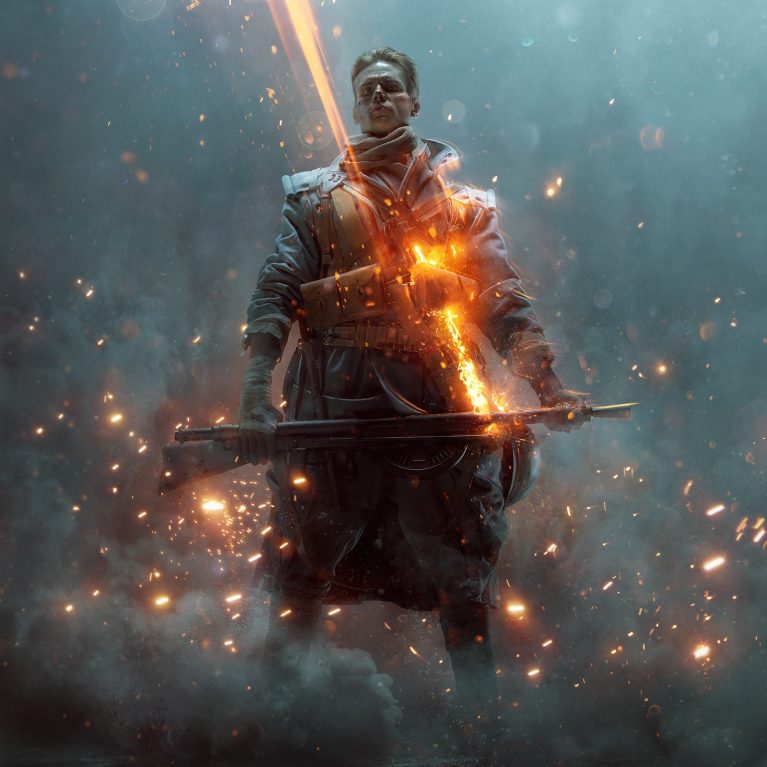JuJu News Hub
Your go-to source for the latest trends and insightful articles.
War is Hell, but This Battlefield is Heaven
Discover the shocking contrast of war's brutality and the unexpected beauty of resilience in our latest blog, War is Hell, but This Battlefield is Heaven!
The Paradox of War: How Conflict Can Reveal Moments of Peace
The paradox of war lies in its ability to unveil moments of tranquility amidst chaos. Throughout history, numerous conflicts have led to unexpected instances of peace, where combatants have set aside their differences to prioritize humanity. For example, during the Christmas Truce of 1914 in World War I, soldiers from opposing sides emerged from their trenches to share a fleeting reprieve, exchanging gifts and playing games. These moments serve as poignant reminders that, even in the darkest times, the human spirit yearns for connection and camaraderie.
Moreover, the aftermath of war often ignites a profound desire for peace and reconciliation. Communities ravaged by conflict frequently band together to rebuild and foster understanding, leading to stronger bonds than ever before. The experiences shared during tribulations can cultivate a greater appreciation for peace, as people collectively recognize the scars left by war. In essence, the paradox of war illustrates that, while conflict may shatter lives, it also has the potential to illuminate the true value of harmony and collaboration.

Finding Solace in Chaos: Stories from the Battlefield
In the heart of every battlefield, amidst the clatter of weapons and the chaos of conflict, lies a profound quest for peace. Finding solace in chaos is a journey that transcends mere survival; it is about discovering moments of clarity and connection even in the darkest of times. Soldiers often share stories of how the simplest acts of kindness, such as sharing food or a brief laugh, became beacons of hope. These fleeting moments remind us that humanity can persist even in turmoil.
Consider the story of a soldier who, while stationed in a war-torn city, found comfort in music. Each night, he would gather his comrades to play songs on an old guitar, turning their makeshift shelter into a haven of camaraderie. This ritual not only helped them cope with the harsh realities of their surroundings but also fostered deep friendships that would last a lifetime. Such experiences highlight the essence of finding solace in chaos; it is about creating a sanctuary within ourselves and with those around us, no matter the circumstances.
Can War Lead to Personal Transformation? Exploring the Duality of Human Experience
The impact of war on individual lives can be profound and multifaceted. On one hand, war brings unimaginable suffering and loss, often leading to psychological scars and deep-seated trauma. Many individuals find themselves grappling with the harsh realities of conflict, resulting in a lowered sense of self-worth and a struggle to reintegrate into society. On the other hand, conflict can also serve as a catalyst for personal transformation. The intensity of wartime experiences can prompt individuals to reevaluate their values, beliefs, and priorities, ultimately leading to a stronger sense of identity and purpose.
Moreover, the duality of human experience during war reveals a complex interplay between despair and resilience. Many veterans and survivors recount moments of profound personal growth, emphasizing how challenges faced during war have shaped their worldviews. Through community, shared experiences, and acts of bravery, individuals often emerge from the chaos not just as different people, but as more empathetic and purposeful ones. This dichotomy illuminates the idea that even amid devastation, the human spirit possesses an incredible potential for transformation, allowing people to forge new paths and find meaning in the aftermath of turmoil.